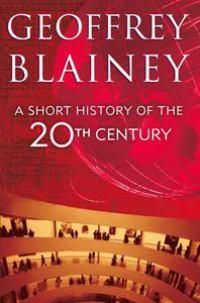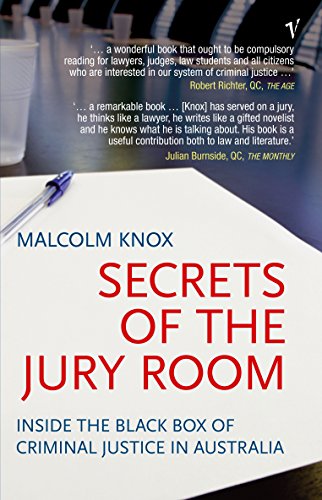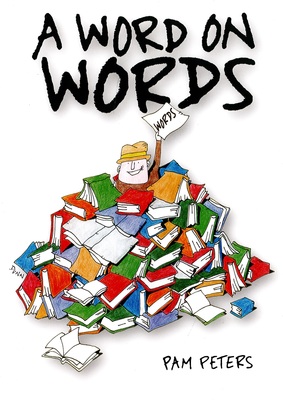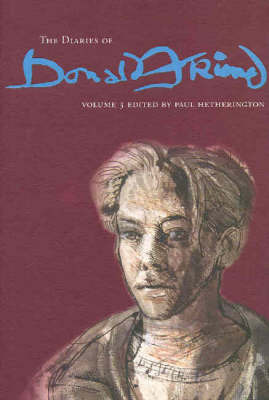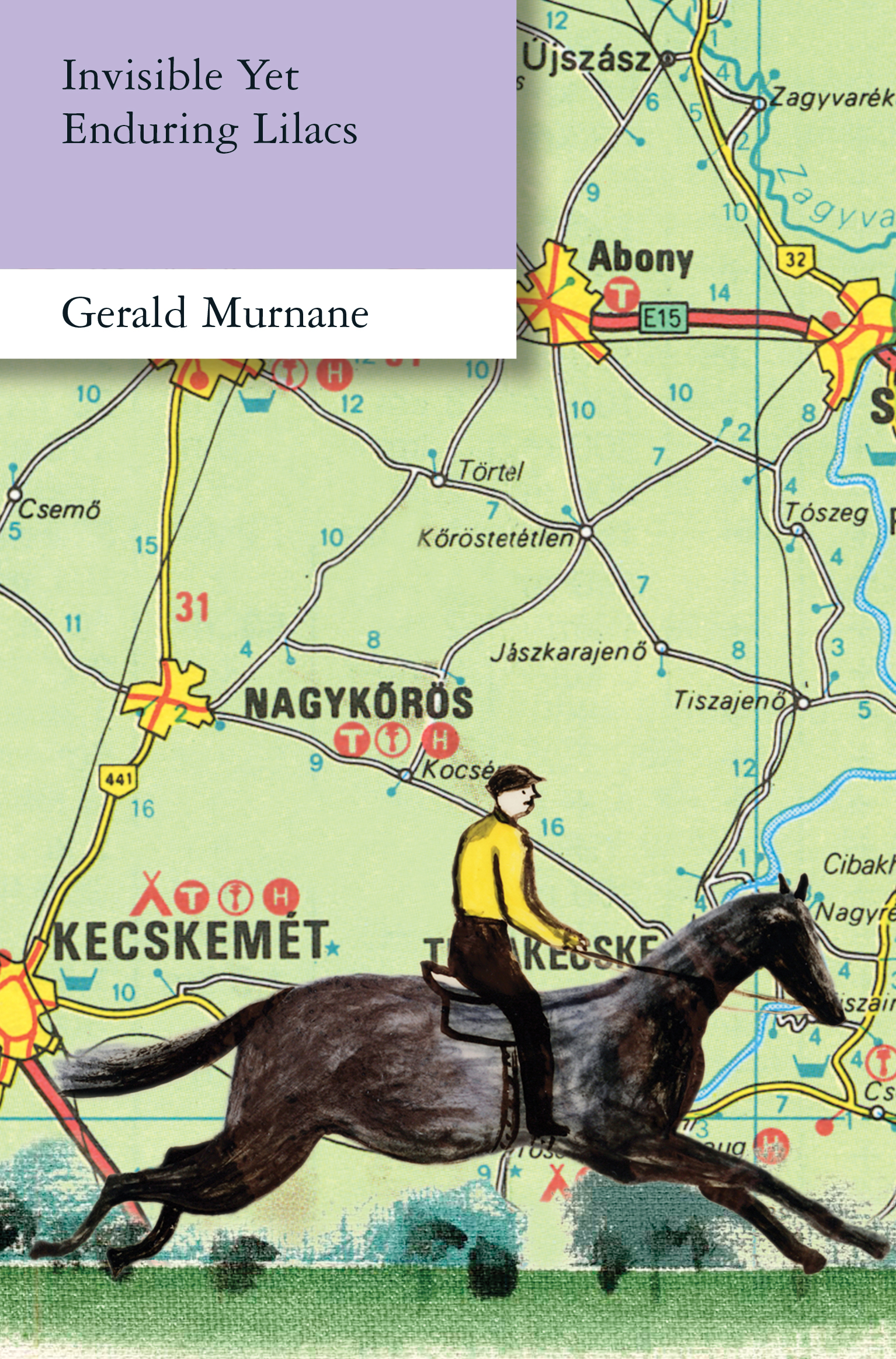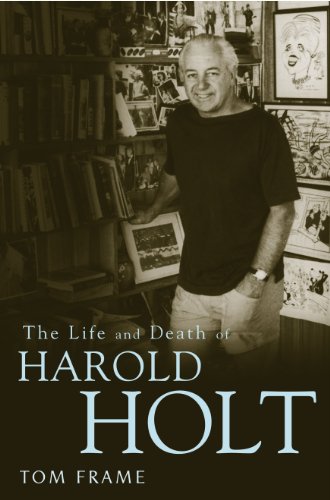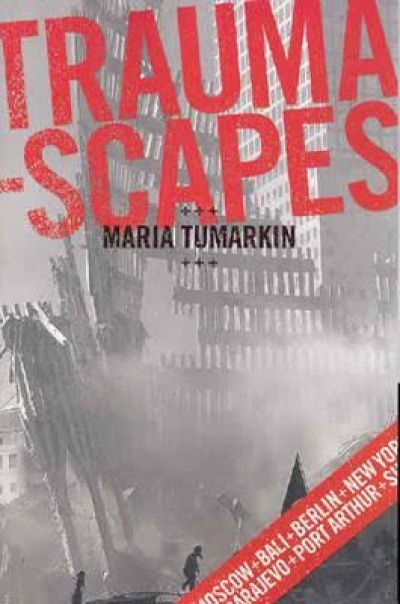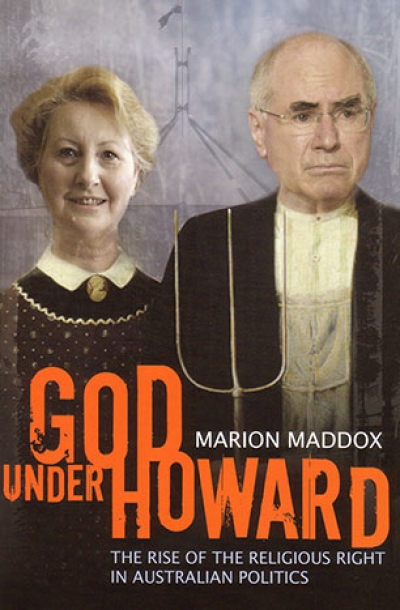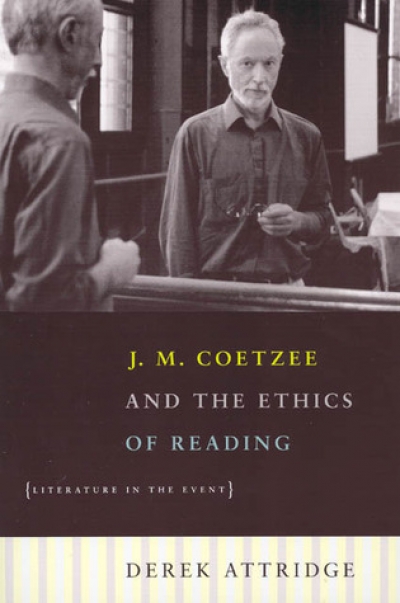Non Fiction
Secrets of the Jury Room by Malcolm Knox & The Gentle Art of Persuasion by Chester Porter
by Peter Haig •
A Word On Words by Pam Peters & Away With Words by Ruth Wajnryb
by Fred Ludowyk •
The Diaries of Donald Friend, Volume 3 edited by Paul Hetherington
by Ian Britain •
Invisible Yet Enduring Lilacs by Gerald Murnane & Literati by James Phelan
by Michelle Griffin •
Traumascapes: The power and fate of places transformed by tragedy by Maria Tumarkin
by Stephen Muecke •
God Under Howard: The rise of the religious right in Australian politics by Marion Maddox
by James Upcher •
J.M. Coetzee And The Ethics Of Reading: Literature in the event by Derek Attridge
by Sue Thomas •

